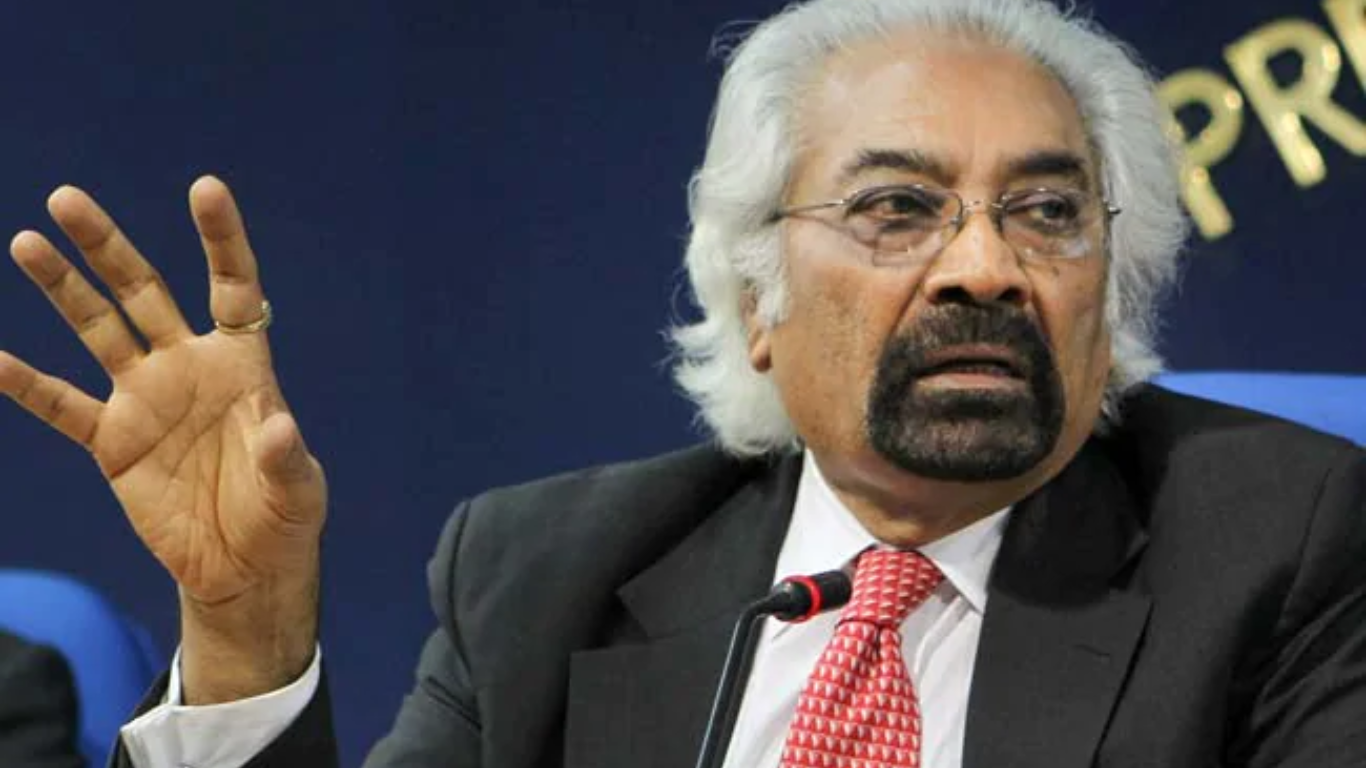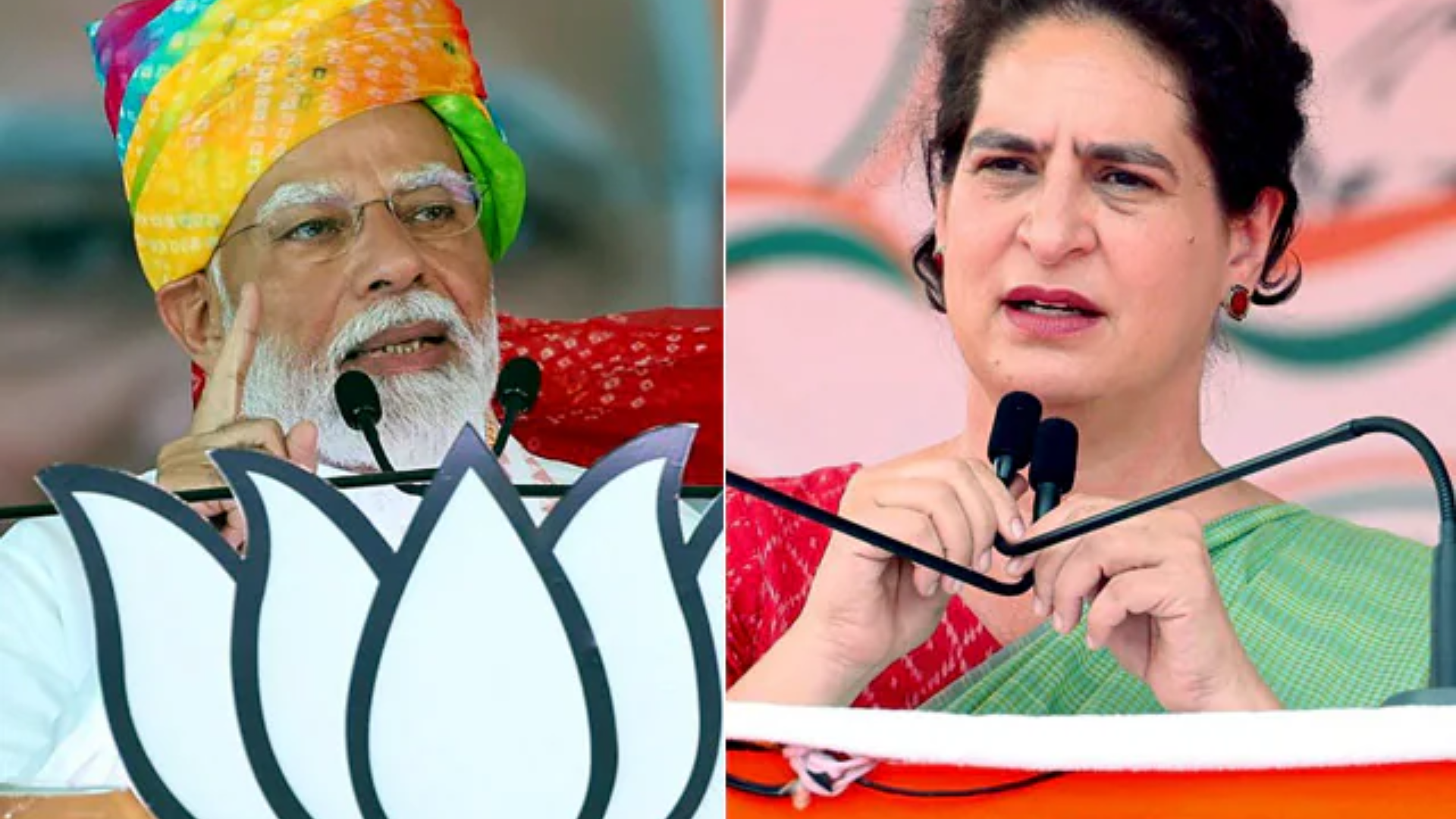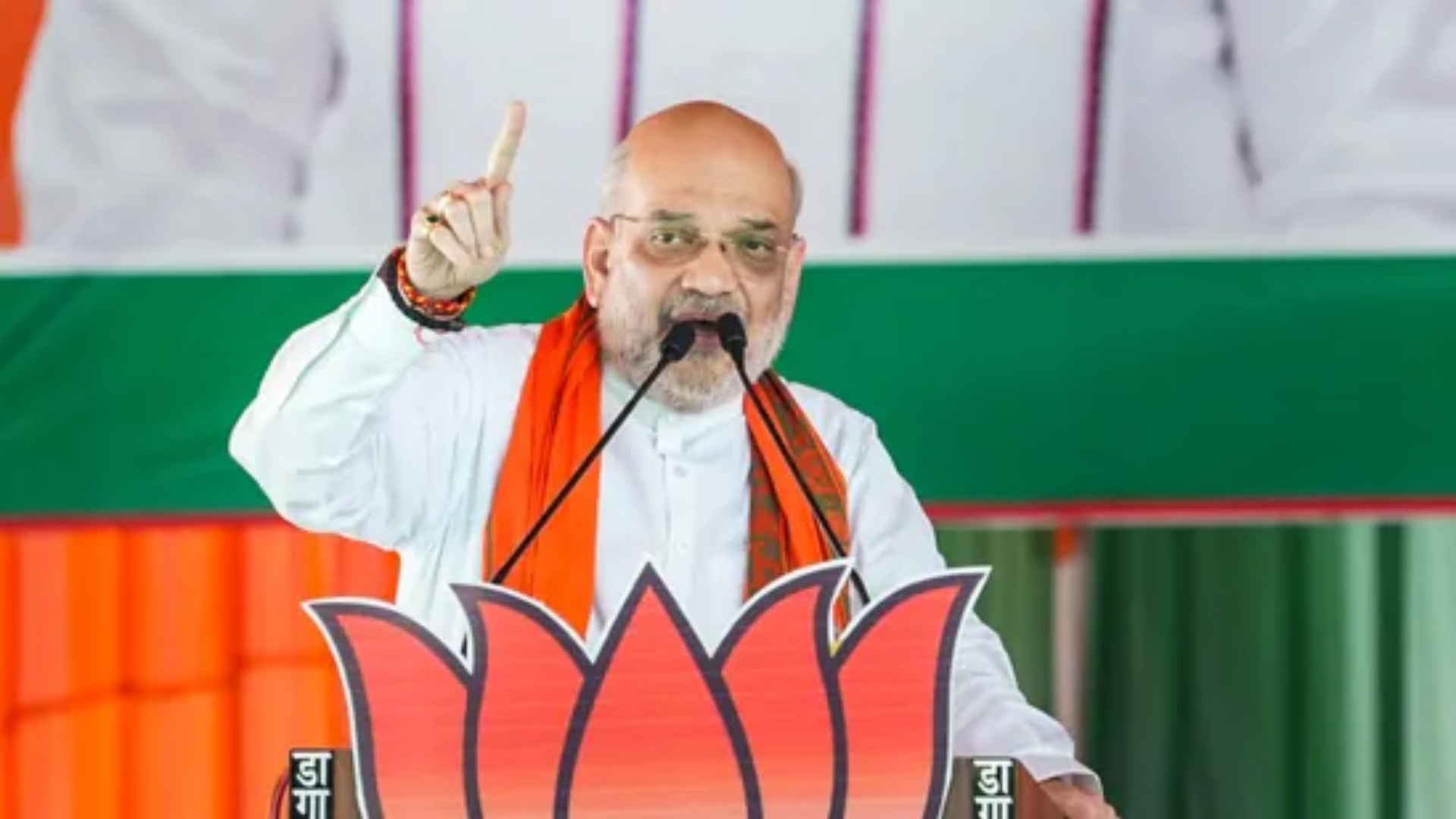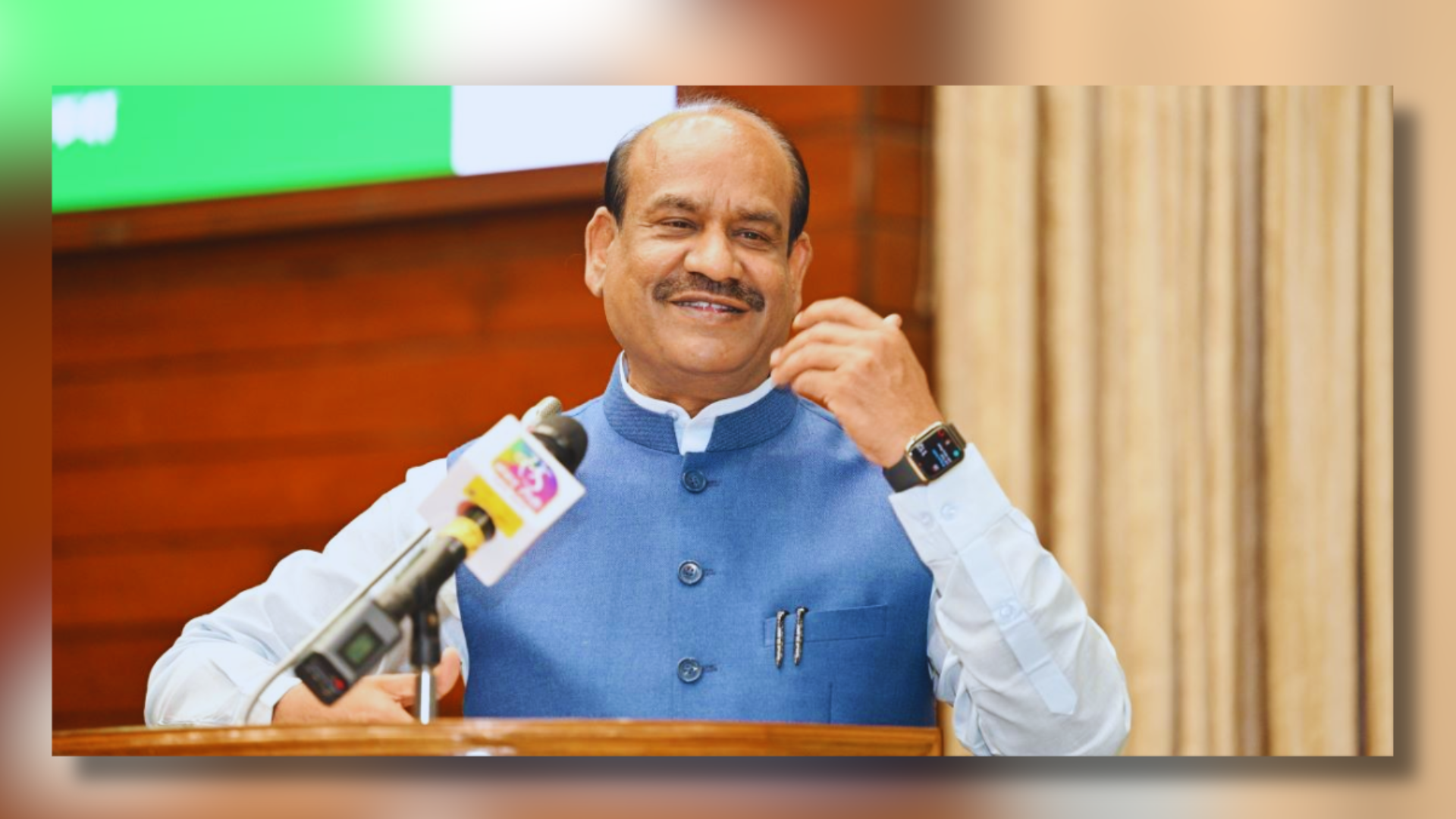Madhabi Puri Buch, Chairperson of the Securities and Exchange Board of India (SEBI), expressed optimism regarding the influx of passive investments into India following the inclusion of government bonds in global indices. Speaking at the 5th SEBI-NISM Research Conference, Buch emphasized the establishment of a benchmark and yield curve for sovereign debt, instilling confidence for investment in corporate debt.
JPMorgan Chase & Co’s decision to add Indian government bonds to its benchmark emerging-market index from June 28, 2024, is expected to attract foreign funds into India’s debt market. This inclusion reflects India’s growing appeal to global investors amid its status as one of the fastest-growing major economies. Additionally, Bloomberg’s proposal to include Indian government bonds in its indices from September 2024 further enhances this momentum.
These developments hold significance as global manufacturing giants explore opportunities in India as part of their diversification strategy amidst the post-pandemic world order.
Buch highlighted the strength of India’s bond market, citing robust activity in the primary market despite relatively low liquidity in the secondary market. She noted the potential for growth in the bond market, with corporate borrowing through bonds reaching significant levels.
Comparing India’s equity market to its GDP, Buch projected that the total value of Real Estate Investment Trusts (REITs), Infrastructure Investment Trusts (INVITs), and municipal bonds could match India’s GDP, presenting substantial growth opportunities.
Buch underscored SEBI’s role in ensuring proper governance and disclosures, reducing minimum investment sizes in debt products, and fostering innovation and digitization within the ecosystem. She acknowledged the strength of India’s equity markets driven by retail investors, both directly and through various investment routes such as mutual funds, insurance, and pension funds.





















